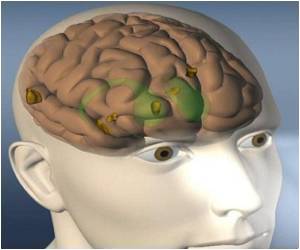A recent study has explained why some body organs are more susceptible to cell death than others.

Mitochondria constantly split and fuse. The proteins that control the splitting of mitochondria also promotes a process called apoptosis, or programmed cell death.
In contrast, the proteins that control mitochondrial fusion help protect against cell death. Cell death can happen when cells are starved of oxygen, for example during a heart attack or stroke.
Both human and mouse cells have two proteins, called MFN1 and MFN2, which control outer membrane fusion.
Using mitochondria from cells derived from genetically modified "knockout" mice, Suzanne Hoppins and Jodi Nunnari at UC Davis, studied how these two proteins work together and the role specific genes play in that process.
The research team discovered that these proteins combine with themselves or each other to form a tether between two mitochondria, leading to fusion.
Advertisement
The form of Bax that promotes mitochondrial fusion is different from the type that leads to cell death, Nunnari said. Bax leads to cell death when it inserts itself in the mitochondrial membrane. In its soluble, free-floating form, it causes mitochondria to fuse instead.
Advertisement
The paper shows how MFN2 could act to protect the brain or heart from cell death, by using Bax in a different form, Nunnari said.
The research has been published Jan. 21 in the journal Molecular Cell.
Source-ANI











